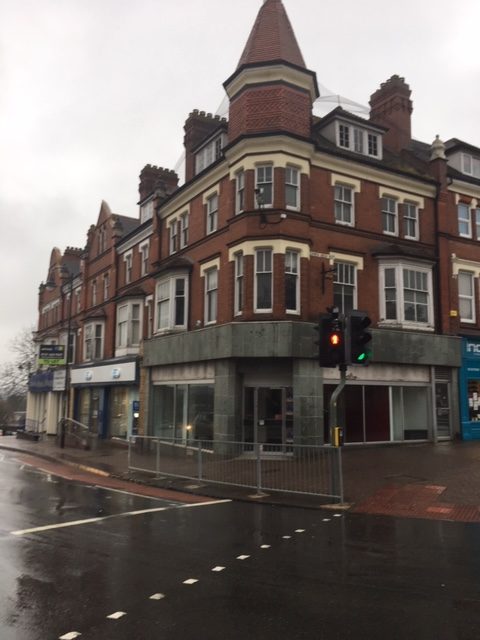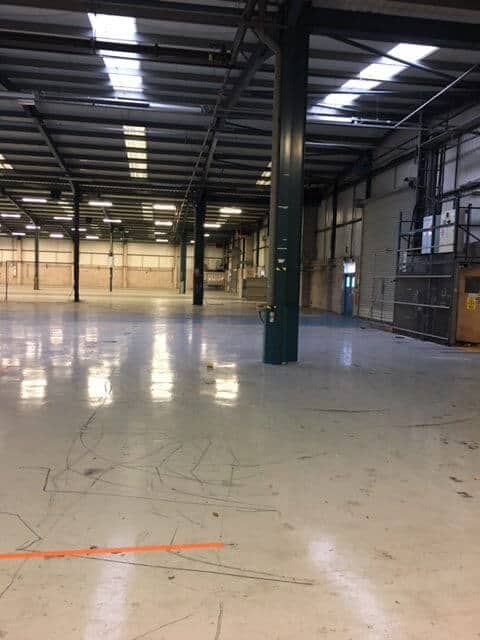Diminution In Value
Diminution in Value refers to the loss of value, if any, in the property that was leased due to the dilapidations. According to legislation, a landlord’s damages, or compensation, for dilapidations is capped at the lower of the Cost of the Remedial Works, or the Diminution in Value.
This is because in most jurisdictions in the UK & Ireland, a statutory legal cap limits a landlord’s damages for dilapidations to the lower of the Cost of Remedial Works or the effect (if any) on the property’s value.
The legislation does vary depending on what region of the UK & Ireland you are in, so do not hesitate to get in touch with us for more information.

Chartered Surveyors
Of the many distinct disciplines of a chartered surveyor, two are required for the purposes of the Diminution in Value dilapidations procedure.
It is the chartered building surveyor who identifies required repairs and prices their remedy, and the chartered valuation surveyor who assesses to what extent (if any) these items impact the property’s freehold value.
The chartered valuation surveyor is also known as a ‘general practice surveyor’ and a ‘valuer’.
When Is A Diminution Valuation Required?
For a tenant, a Diminution Valuation by a chartered valuation surveyor is recommended no later than the point when your chartered building surveyor advises that the Cost of Remedial Works figure has been negotiated to the lowest achievable level.
Because the impact on the value of the property is commonly far less, a reliable Diminution Valuation is required to make a strong case.
Whilst the Diminution in Value cap may appear to be more in favour of tenants than landlords, there are situations in which a landlord will be well served by commissioning their own Diminution in Value report:
- Where the former tenant alleges that the loss of value to the property is little or even nil, a robust rebuttal Diminution Valuation will be required
- Where you do not intend to do any (or all) of the claimed works, paragraph 9.4 of the Dilapidations Protocol requires that a Diminution Valuation is produced in support of any claimed loss

How Is Diminution In Value Assessed?
For most second-hand commercial properties, carrying out remedial works has diminishing returns. You will reach a point when carrying out more repairs and redecorations can be done, but no more will be added to or recovered in, freehold value.
In other words, not all costed remedial works are ‘value-affective’.
This is for the experienced chartered valuation surveyor to judge objectively, according to open market transacting experience.
It is also the case that many commercial properties that have been leased out for many years, now need modernisation and upgrading works in order to fit with modern expectations and requirements in the open market, irrespective of any dilapidations issues.
For example, even if in perfect condition:
- Offices with a dated specification will require refurbishing by the landlord to likely include new toilets, ceilings, lighting, doors, M&E etc
- For a high street shop, conversion of upper floor storerooms to residential may well provide greater value
- An older factory/warehouse building may feature an asbestos roof that is in need of some repairs, but probably only has a few years’ life remaining. As a result, it should be replaced with a modern equivalent to secure as long a reletting as possible, on unrestricted FRI terms
In all the above cases, it will be appreciated that many claimed costed remedial works are either irrelevant to recovering full freehold value or if done, would be made redundant (i.e. ‘superseded’) by likely upgrade, modernisation or conversion works.
It is the valuer’s job to apply both experience and local transactional evidence to identify such items and remove them. Those which remain are, on aggregate, the ones likely to impact value.
In extreme cases, where the chartered valuation surveyor’s research leads to the conclusion that the property is likely to be demolished, or significantly altered, the impact of the dilapidations on freehold value may be none or reduced considerably.
Loss Of Rent
Loss of rent is possible in situations where the time taken to carry out the works to remedy the dilapidations causes a delay in reletting the property, extending its ‘void period’. This sum can be put into a claim along with the proposed repair damages, often termed ‘mesne profits'.
However, a chartered valuation surveyor will need to be consulted to advise on whether such a claim is warranted or realistic.
The surveyor will examine local transactional evidence for similar properties that are in good repair. If the ‘void period’ for comparable units is at least as long as the time it will take to carry out the necessary repair work, then the claim for loss of rent can be invalidated.

What We Do
The role of the chartered valuation surveyor in securing the correct outcome in dilapidations negotiations should not be underestimated – yet is often carelessly overlooked.
Commonly, the impact of the necessary repairs on value is considerably less than the cost of fixing them. As a result, the tactical employment of a trusted valuer could save you significant sums by taking the Diminution in Value dilapidations approach.
We are unique in our provision of both types of chartered surveyors for dilapidations negotiations.
Knowledge Hub
Dilapsolutions
Chartered Surveyors









